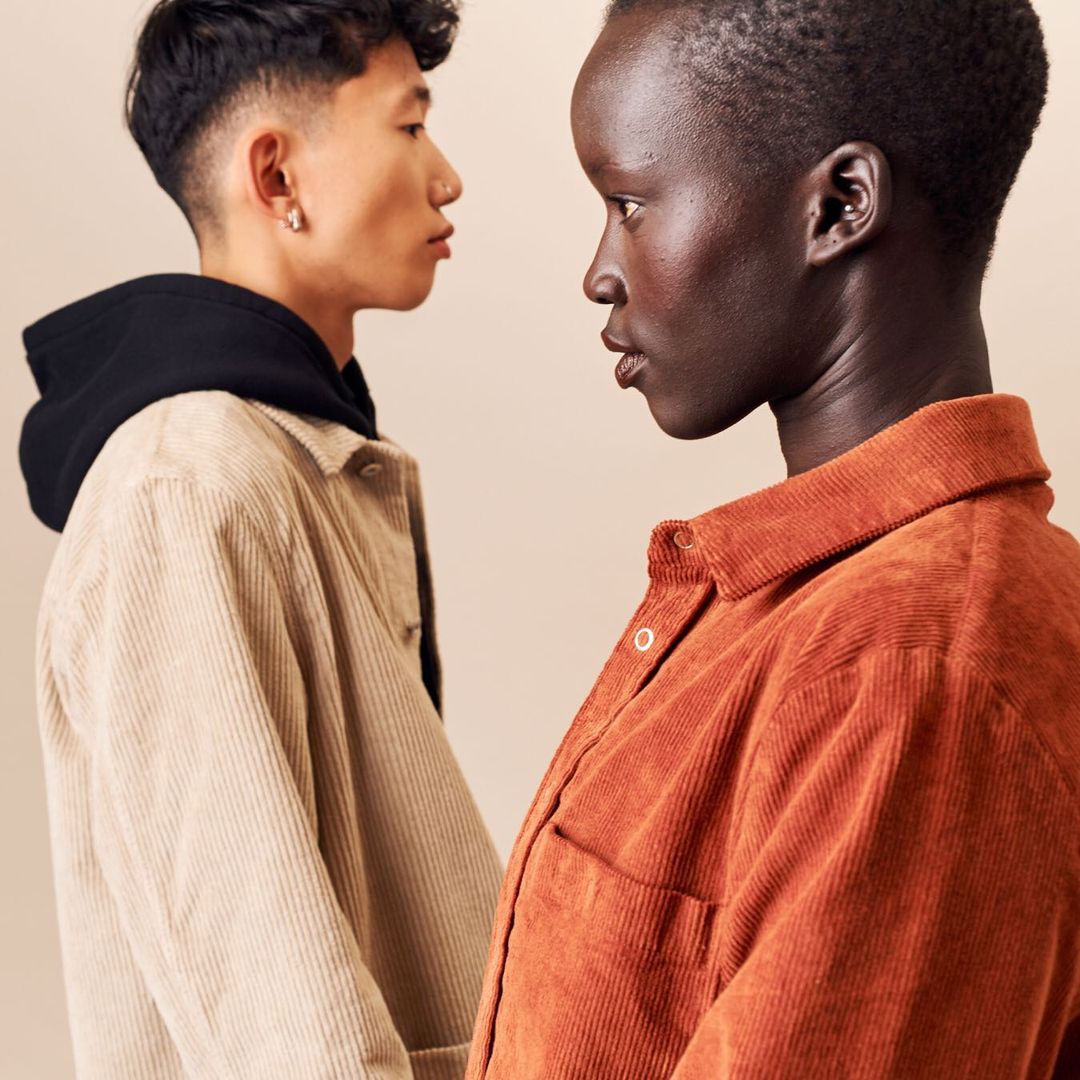Canadian eco-friendly brand Kotn has made a name for themselves by creating affordable basics out of raw, sustainable cotton.
However, their pieces aren’t just made from any type of cotton. They are made using authentic Egyptian cotton. Known as Egypt’s “white gold,” Egyptian cotton is softer and more breathable than any other cotton on the planet. Despite this, big corporations have started moving away from Egyptian cotton to cheaper options. This has decimated many farmers, weavers, and craftspeople alike.

In an aim to lessen this blow, Kotn works directly with cotton farming families in Egypt, with the goal being to help the country rebuild this once thriving industry. They buy raw cotton directly from farmers at guaranteed prices, and then it is manufactured into fabric at a nearby factory in Alexandria. This process is essentially the fashion industry’s version of farm to table dining.
Specifically, all Kotn clothing is made out of Egyptian Giza cotton grown in the Nile Delta. The family-run farms that they work with pick only the best long-staple fibres, which make for thinner, silkier yarns, more resistant to breakage, fraying, and pilling. Further, by working directly with local Egyptian farmers, Kotn can ensure direct trade practices, fair pay, and safe working conditions.
They even partnered with local pro-literacy organizations in the Nile Delta to help end the vicious cycle of child labour in the country. In fact, in 2017 the brand reached its funding goal and was able to construct its first school in the area. “Improving the literacy rate for boys and girls in Egypt will help to improve quality of life for the next generation,” reads the company’s website.
Another reason behind Kotn’s ethical sourcing of cotton? The certified B-Corp company is all about traceability. They believe that traceability shouldn’t be a luxury, it should be the standard. That is why they are directly involved with each and every step of their supply chain.
Knowing where a product came from, who made it, and how it was made should be the norm and fashion companies especially need to be upfront and transparent in their operations. Kotn has nothing to hide, which is why they have a detailed explanation of their production process available on their website.
For example, information available on their website includes the fact that they are currently working with 690 smallholder cotton farms in the Nile Delta region of Egypt, and they provide many of these farmers with subsidies like fertilizers and agricultural consultants. In the 2019 season, the subsidies offered by Kotn lowered the average farmer’s costs by 28%.
Further, Kotn works with two yarn mills in Egypt, both of which are ISO 9001 and Business Social Compliance Initiative certified. Employees are offered benefits, bonuses, complimentary transportation, and daily meals. All farmers and factories are located within a 400-kilometre radius of one another, ensuring minimal carbon emissions through transportation between the two.

Lastly, Kotn’s traceability web page provides a detailed look into their water-efficient dying method, which starts with treating wastewater effectively, followed by adding multiple water-efficient rope dyeing lines in order to significantly decrease the amount of water needed. Finally, the Caustic Recovery Plant used caustic soda from the mercerizing wastewater for reuse in production.
All images in this article are courtesy of Kotn unless stated otherwise.








